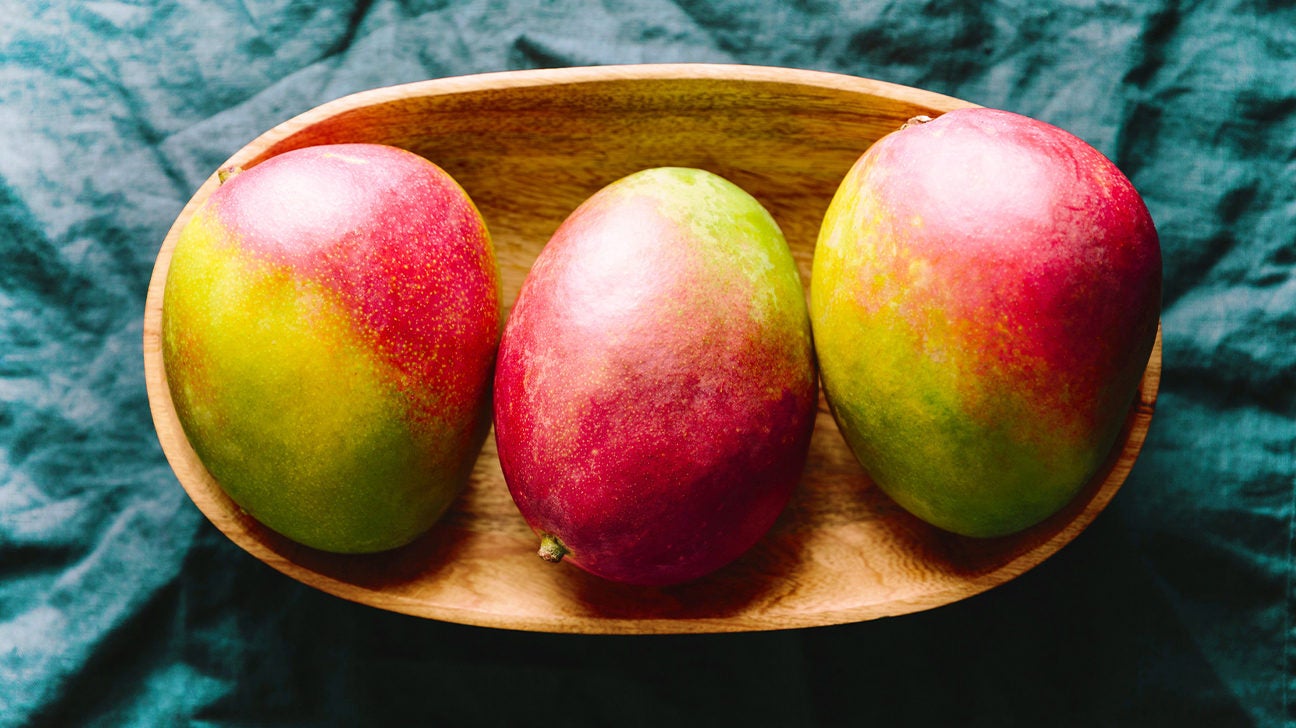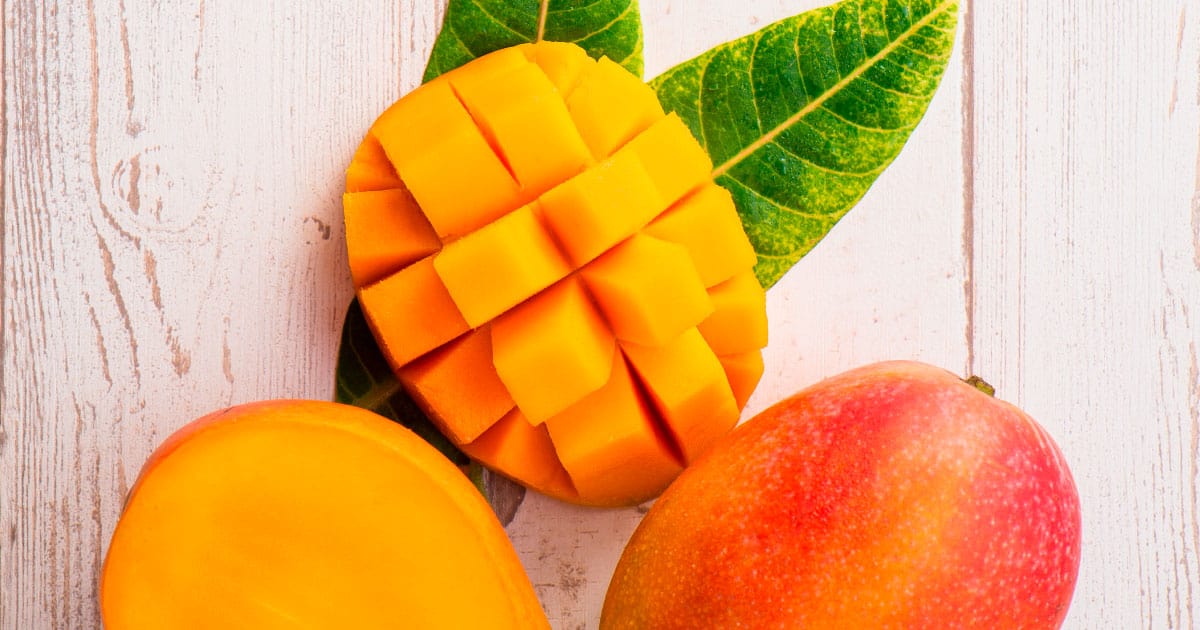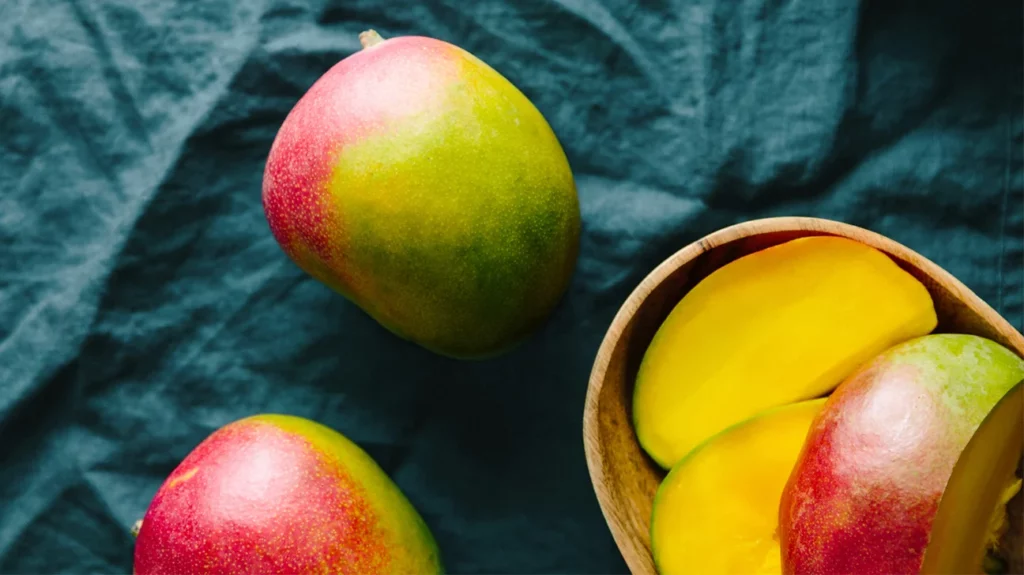When you bite into a ripe, juicy mango, you’re not just treating your taste buds – you’re nourishing your body with an impressive array of vitamins, minerals, and beneficial plant compounds. Mangoes are one of the most popular fruits in the world, and for good reason. This delightful stone fruit native to South Asia has been cultivated for over 4,000 years and is enjoyed for its sweet, tropical flavor.
But mangoes are so much more than just delicious. Emerging research highlights the numerous ways in which mangoes can benefit our health, from supporting immunity and heart health to promoting radiant skin and healthy digestion. Let’s dive into the top 10 evidence-based health benefits of this marvelous superfruit.
1. Immune System Supercharger
One cup of mango provides a whopping 60% of your daily vitamin C needs. Vitamin C is a potent antioxidant that strengthens your body’s natural defenses by protecting immune cells from harmful free radicals and promoting the production of white blood cells, your body’s first line of defense against infection. The vitamin A in mangoes also supports a healthy immune system, with one cup providing 20% of your daily needs.
2. Digestion Promoter
With 3 grams of fiber per cup, mangoes can help keep your digestive system running smoothly. Fiber bulks up stool, prevents constipation and maintains a healthy gut microbiome. The digestive enzymes in mangoes, such as amylases, help break down complex carbohydrates. Mangoes also contain prebiotic fiber, which feeds the beneficial bacteria in your gut linked to immunity, anti-inflammation and mental well-being.
3. Skin Superfood
The vitamin A, vitamin C and array of polyphenols in mangoes are a recipe for glowing, healthy skin. Vitamin A is crucial for skin cell turnover and renewal. Vitamin C is essential for collagen production, the protein that keeps skin firm and elastic. The polyphenols in mango protect skin from sun damage and premature aging by neutralizing free radicals. Mangoes’ high water content also hydrates skin cells from the inside out.
4. Vision Protector
One cup of mangoes provides 20% of your daily vitamin A needs in the form of beta-carotene, a red-orange pigment that your body converts to vitamin A. Vitamin A is essential for healthy vision, particularly for low-light and color vision. The antioxidants lutein and zeaxanthin in mangoes also support eye health by protecting your retina and lens from oxidative damage that can lead to age-related macular degeneration and cataracts.
5. Heart Health Ally
The fiber, potassium and antioxidants in mangoes can support a healthy heart. The soluble fiber pectin can help lower harmful LDL cholesterol levels, while potassium helps regulate blood pressure by countering the blood pressure-raising effects of sodium. The polyphenols in mangoes have anti-inflammatory properties that may protect against the chronic low-grade inflammation associated with heart disease.
6. Weight Management Aid

Despite their natural sweetness, mangoes can be a smart addition to a weight loss diet. One cup of mango contains just 100 calories and provides 3 grams of filling fiber. The fiber slows the emptying of your stomach, keeping you full and satisfied for longer. Some research also suggests that the polyphenols in mangoes may help reduce body fat and control blood sugar levels.
7. Natural Energy Booster
Mangoes are a source of readily available glucose, fructose and sucrose, natural sugars that can give you a quick energy boost. Unlike processed sugary snacks, mangoes also provide fiber to prevent blood sugar spikes and crashes. The B-vitamins in mangoes, particularly vitamin B6 and folate, help your body release energy from the food you eat and keep your nervous system functioning properly.
8. Respiratory Health Supporter
The vitamin C, vitamin A and various polyphenols in mangoes may benefit respiratory health. Vitamin C is a natural antihistamine that can reduce respiratory symptoms like sneezing, runny nose and congestion. The beta-carotene in mangoes also supports lung health and may reduce the risk of respiratory conditions like asthma. Some polyphenols in mangoes have shown anti-inflammatory effects in the airways.
9. Anti-Cancer Potential
While no single food can prevent cancer, the unique combination of nutrients and plant compounds in mangoes shows promise for cancer protection. The vitamin C, beta-carotene and polyphenols in mangoes are potent antioxidants that protect cells from DNA damage that can lead to cancer. Lab studies have found that mango extracts can reduce the growth of various cancer cells, including breast, colon, lung and prostate.
10. Bone Health Booster
Mangoes contain several nutrients that are crucial for maintaining strong, healthy bones, including vitamin K, magnesium, potassium and beta-carotene. Vitamin K activates proteins involved in bone metabolism and higher intakes are associated with higher bone density. Potassium and magnesium help neutralize acid in the body that can leach calcium from bones. Beta-carotene supports bone health by reducing oxidative stress and inflammation.
How to Select and Store Mangoes
To enjoy mangoes at their juicy, flavor-packed best, it’s important to select fruit at peak ripeness. Here are some tips:
- Gently squeeze the mango. A ripe mango will “give” slightly and feel soft, but not mushy.
- Smell the stem end of the mango. A ripe mango will have a fragrant, fruity aroma.
- Don’t judge a mango by its color alone. The red blush on some mango varieties is not a reliable indicator of ripeness.
- Store unripe mangoes at room temperature. They will continue to ripen over several days.
- Store ripe mangoes in the refrigerator for up to 5 days.
- Mangoes can also be peeled, cubed and frozen for up to 6 months. Frozen mango is perfect for smoothies!
Delicious Ways to Enjoy Mangoes

Mangoes are incredibly versatile and can be enjoyed in both sweet and savory dishes. Here are some delicious ways to make the most of this superfruit
- Dice mango into salsa with red onion, jalapeño, cilantro and lime juice. Serve with fish tacos or grilled chicken.
- Blend frozen mango with yogurt, milk and honey for a creamy, refreshing mango lassi.
- Toss sliced mango with baby spinach, avocado, jicama and a honey-lime dressing for a tropical salad.
- Make a quick mango sorbet by blending frozen mango chunks with a splash of lime juice until smooth.
- Stir diced mango into oatmeal or yogurt parfaits for a burst of natural sweetness.
- Grill mango slices and serve with a dollop of frozen yogurt for a healthy summer dessert.
The Bottom Line
Mangoes are a delicious way to nourish your body with an impressive array of vitamins, minerals and health-promoting plant compounds. From supporting immunity and heart health to promoting radiant skin and healthy digestion, it’s clear that this popular tropical fruit is so much more than a sweet treat. While mangoes are no magic bullet for perfect health, adding this antioxidant-rich, fiber-packed fruit to a balanced diet is a smart way to support overall wellness. So go ahead and enjoy the taste of the tropics – your body will thank you!
Frequently Asked Questions about Mangoes
1. Are mangoes high in sugar?
Mangoes are relatively high in natural sugars compared to some other fruits, with one cup providing about 23 grams of sugar. However, mangoes also provide fiber, which slows the absorption of sugar into the bloodstream and prevents rapid spikes in blood sugar levels. For most people, mangoes can be a nutritious part of a balanced diet when eaten in moderate portions.
2. What are the side effects of eating too many mangoes?
Eating large amounts of mangoes may cause digestive issues for some people, such as diarrhea, bloating or indigestion due to their fiber and sugar content. Mangoes are also relatively high in calories compared to some other fruits, so eating a lot of them may contribute to excess calorie intake and weight gain. If you have a mango allergy, eating mangoes may cause symptoms like itching, hives or difficulty breathing.
3. Do you peel mangoes before eating?
Mango skin is edible but may be tough and bitter. Most people prefer to remove the skin before eating. To peel a mango, carefully slice off the stem end and use a vegetable peeler or paring knife to remove the skin. You can also cut the mango into two halves around the flat seed in the center, make crosshatch cuts in the flesh of each half, and scoop out the flesh cubes with a spoon.
4. Can mangoes make you poop?
Mangoes are a good source of dietary fiber, with about 3 grams in one cup of fresh mango. Fiber helps add bulk to stool and promotes regular bowel movements. The fiber in mangoes is also prebiotic, meaning it feeds the beneficial bacteria in your gut that are important for healthy digestion. For some people, the fiber and digestive enzymes in mangoes may have a mild laxative effect.
5. Can you eat a mango seed?
No, mango seeds are not edible. Mango seeds contain small amounts of cyanide and other potentially toxic compounds that can be harmful if ingested. The seed is also very tough and fibrous. To remove the seed before eating a mango, stand the mango upright and slice vertically down on either side of the seed. Use a spoon to scoop out the flesh from each half of the mango.



